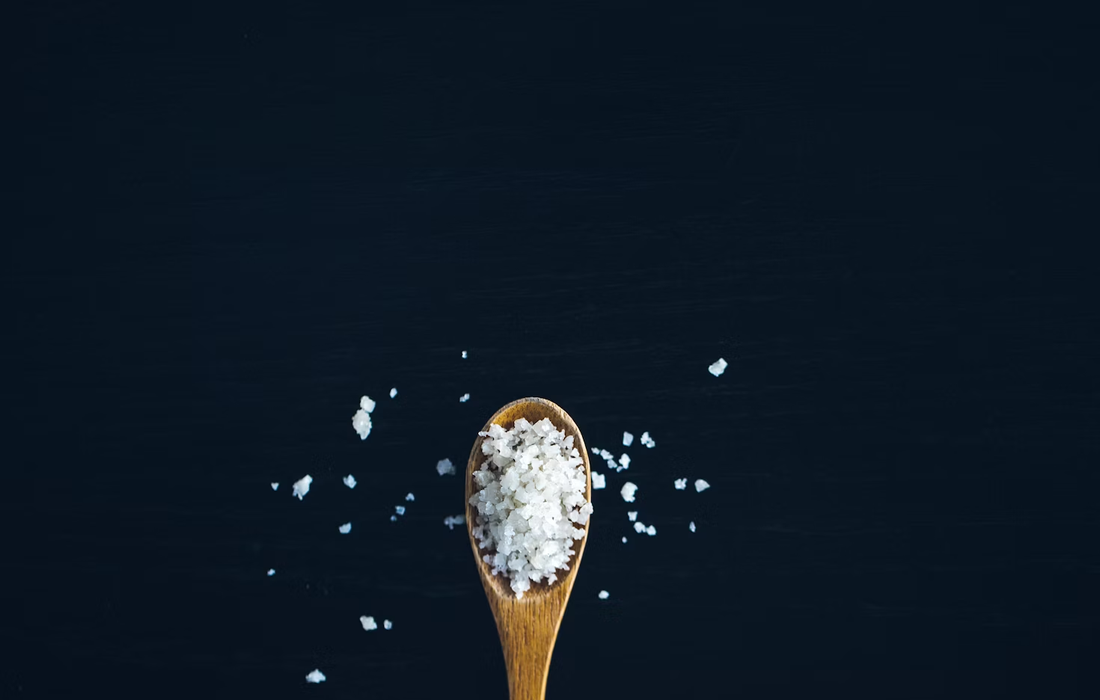Nutrition and Supplements
High Salt Intake and Risk of Type 2 Diabetes

Those at risk for Type 2 diabetes may already know to avoid sugar, but new research suggests they may want to skip the salt as well.
A new study from Tulane University published in Mayo Clinic Proceedings found that frequently adding salt to foods was associated with an increased risk of developing Type 2 diabetes.
The study surveyed more than 400,000 adults registered in the UK Biobank about their salt intake. Over a median of 11.8 years of follow-up, more than 13,000 cases of Type 2 diabetes developed among participants. Compared to those who “never” or “rarely” used salt, participants who “sometimes,” “usually,” or “always” added salt had a respective 13%, 20%, and 39% higher risk of developing Type 2 diabetes.
“We already know that limiting salt can reduce the risk of cardiovascular diseases and hypertension, but this study shows for the first time that taking the saltshaker off the table can help prevent Type 2 diabetes as well,” said lead author Dr. Lu Qi, HCA Regents Distinguished Chair and professor at the Tulane University School of Public Health and Tropical Medicine.
Further research is needed to determine why high salt intake could be linked to a higher risk of Type 2 diabetes. However, Qi believes salt encourages people to eat larger portions, increasing the chances of developing risk factors such as obesity and inflammation. The study found an association between frequent consumption of salt and higher BMI and waist-to-hip ratio.
Qi said the next step is to conduct a clinical trial controlling the amount of salt participants consume and observing the effects.
Sources:
Xuan Wang, Hao Ma, Minghao Kou, Rui Tang, Qiaochu Xue, Xiang Li, Timothy S. Harlan, Yoriko Heianza, Lu Qi. Dietary Sodium Intake and Risk of Incident Type 2 Diabetes. Mayo Clinic Proceedings, 2023; 98 (11): 1641 DOI: 10.1016/j.mayocp.2023.02.029
Tulane University. (2023, November 1). New research links high salt consumption to risk of Type 2 diabetes. ScienceDaily. Retrieved November 3, 2023 from www.sciencedaily.com/releases/2023/11/231101134744.htm
Image from: https://unsplash.com/photos/brown-wooden-spoon-4OfaTz6SdYs

